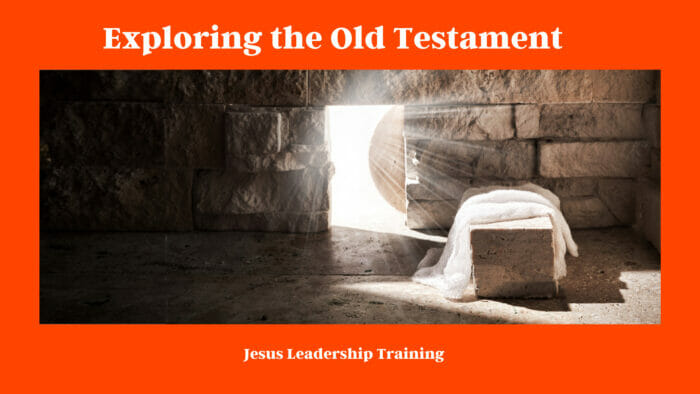Table of Contents
Introduction
Ladies and gentlemen, bookworms and theologians, if you’re wondering about setting off on an expedition through the realms of ancient scripture, you’re in for a treat! In this engaging article, we’ll be doing just that: ‘Exploring the Old Testament’. So grab a cup of coffee, sit back, and prepare to traverse time!
1. Exploring the Old Testament: The Starting Point
The Old Testament, with its 39 books, is a gold mine of history, laws, prophecy, wisdom, and poetry. Before delving in, it’s crucial to understand that the Old Testament isn’t just a spiritual book; it’s a historical document that reveals insights about ancient civilizations and their spiritual quests.
2. A Quick Run-Down: The Books and Their Purpose
Here’s a quick gist of the different sections that make up the Old Testament:

2.1 The Torah or Pentateuch
Comprising the first five books, this section lays the groundwork for the rest of the Testament. It introduces significant figures like Adam, Eve, Noah, Abraham, and Moses, and expounds on the creation of the universe, laws, and the journey of the Israelites.
2.2 Historical Books
This section is essentially a chronicle of Israelite history, presenting their triumphs, tribulations, and the reigns of different kings.
2.3 Wisdom Literature
Here you’ll find poetic expressions of faith, wisdom, and human experiences – basically, life’s cheat codes!
2.4 The Prophets
These books carry the voices of prophets who expressed divine messages and cautioned the people about straying from their faith.

3. Major Characters and Their Significance
Unraveling the Old Testament is like peeking into a vibrant canvas filled with dynamic characters, each with their unique narratives and lessons.
3.1 Adam and Eve
The first couple offers a vivid account of humanity’s inception and the concept of temptation and consequences.
3.2 Noah
The story of Noah and the Ark symbolizes divine judgment and redemption, teaching us about faith in the face of adversity.
3.3 Abraham
A figure of unwavering faith, Abraham’s life illustrates the principles of sacrifice, trust, and God’s covenant.

4. The Not-So-Subtle Art of Parables
The Old Testament is chock full of parables, each intricately woven with symbolic meanings that unravel profound spiritual truths. So keep an eye out for these spiritual nuggets!
5. Unpacking the Prophetic Books
Prophetic books may seem like a tricky maze. Remember, these aren’t fortune-telling narratives but rather divine warnings and promises meant to steer people towards righteousness.
6. The Practical Wisdom of Proverbs
Think of Proverbs as your personal advisory panel. The practical wisdom enshrined in this book is an invaluable asset, guiding us towards a fulfilling and righteous life.
7. Pearls of Wisdom: Psalms
Delve into the world of Psalms, a treasure trove of heartfelt prayers, praises, and songs that echo timeless emotions and experiences.
8. Exploring the Old Testament: The Lessons Learnt
Reflect on the myriad of lessons that the Old Testament imparts. From ethical living, maintaining faith during trials, to the importance of justice and mercy, the teachings are timeless.
FAQs
- Why is ‘Exploring the Old Testament’ important?Exploring the Old Testament gives us an understanding of ancient wisdom and spiritual principles that can guide our lives even today.
- Is it necessary to read the Old Testament in order?While it’s not necessary, reading in order can help understand the historical context better.
- Is the Old Testament relevant today?Absolutely! Its teachings about ethics, morality, faith, and justice remain pertinent.
- What’s the difference between the Old Testament and the New Testament?The Old Testament lays the foundation of Jewish laws and history, while the New Testament focuses on the life and teachings of Jesus Christ.
- How can I make my exploration of the Old Testament more meaningful?Patience, contemplation, and an open mind can make your exploration more enriching.
- Which books of the Old Testament should I start with?If you’re new, starting with Genesis is recommended, but there’s no fixed rule. You can start wherever you feel drawn to!
Conclusion
There you have it, folks! We hope this expedition into ‘Exploring the Old Testament’ has been as enriching for you as it was for us. From engaging characters to profound wisdom, this ancient scripture truly is a treasure trove waiting to be discovered.




